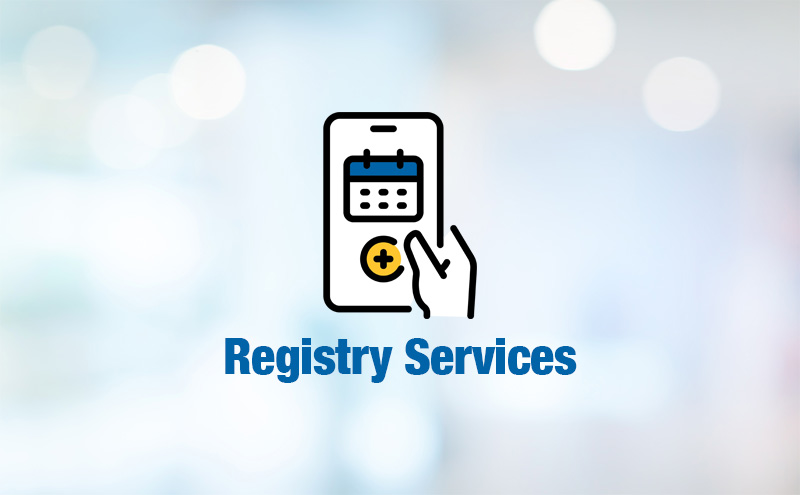
August 9, 2024
Registry Services
1. What is a clinical data registry?
2. Why is ACEP developing data registries?
3. What is CEDR?
4. How do I participate in the EM Data Institute?
5. What is the Hospital and Observation Medicine Registry (HOMR)?
6. What is E-QUAL, and how can I participate?
7. How can ACEP’s emerging Economic Registry benefit you?
8. What is data analytics?
9. What is Healthcare Information Technology?


